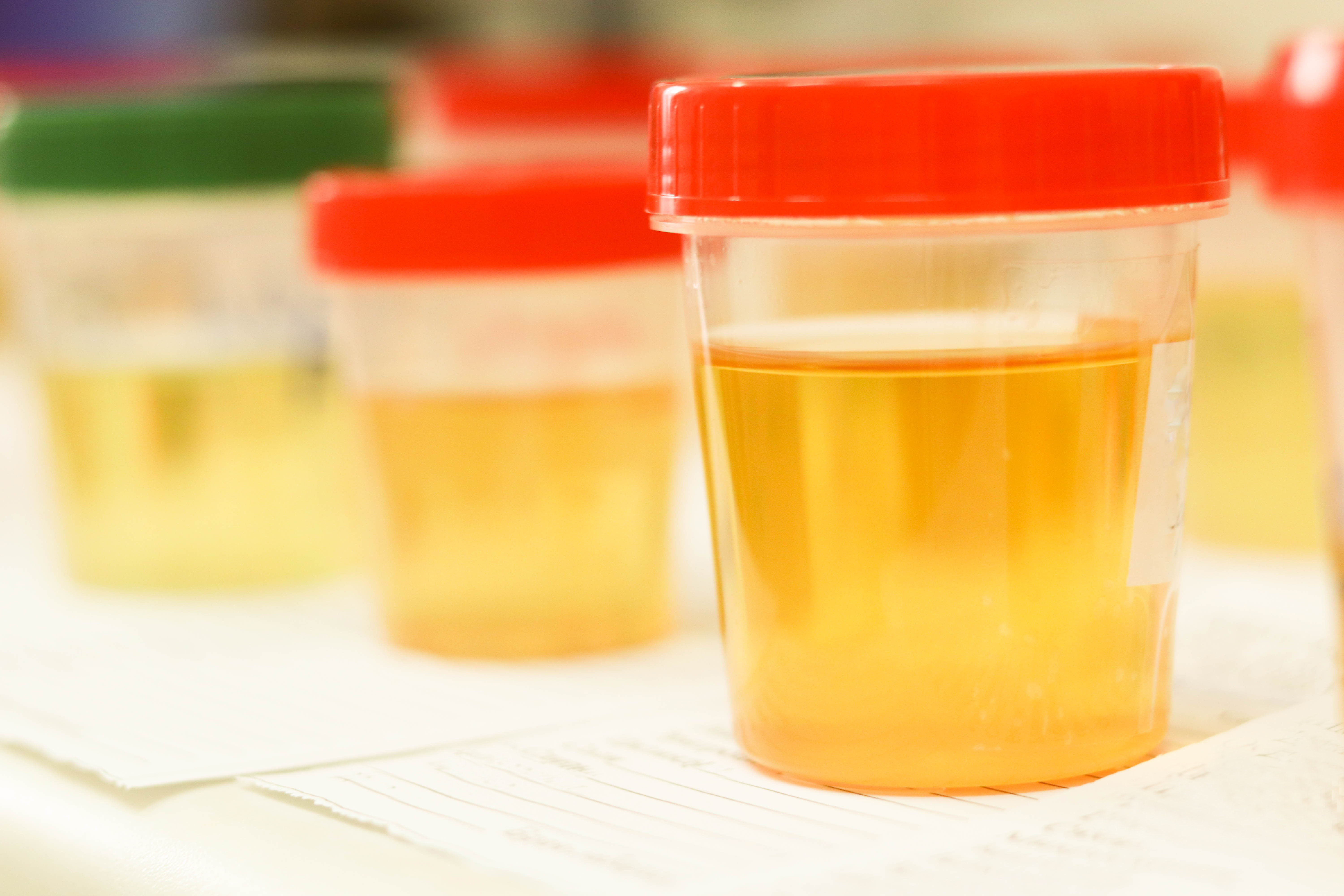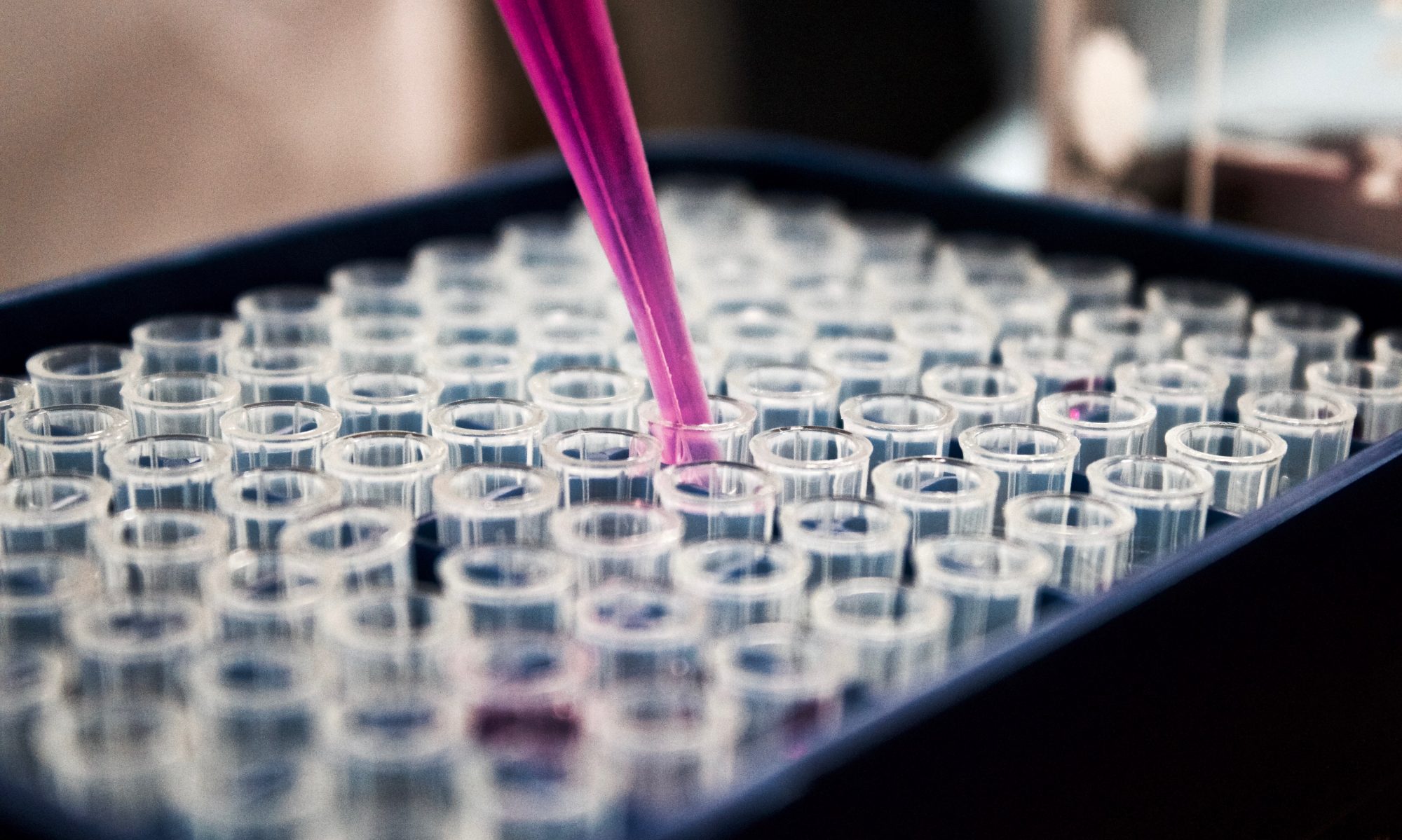
Urologic cancers include cancers of the bladder, kidney, prostate, and testicles. Bladder cancer is the fifth most common cancer and the most expensive cancer to manage on a per patient basis, while prostate is the most common cancer among Canadian men. To date, chemotherapy remains to be the mainstay of treatment, with immunotherapy as the second line of treatment. However, only a minority of the patients respond to the latter option.
We aim to target these tumours using a variety of methods including, but not limited to, the use of VAR2CSA and VAL-083.
VAR2CSA
The malaria parasite, Plasmodium falciparum, has evolved a protein (VAR2CSA) that allows infected human blood cells to bind a sugar structure called CSA on placental cells. This is the underlying mechanism behind pregnancy-associated malaria. Researchers have found that the same CSA sugar structure that is normally only present on placental cells is widely expressed on human cancer cells, with higher levels of expression correlated with more advanced stages of cancer, especially in tumours that progress after being treated with standard chemotherapy drugs.
Based on this understanding, we have engineered a recombinant version of the VAR2CSA protein (known as rVAR2), and have shown many types of cancer cells bind to it. Diagnostically, we have demonstrated that rVAR2 can detect tumour components in both blood and urine samples, as well as detect and isolate circulating tumor cells from complex patient blood samples. Therapeutically, we are using this rVAR technology as a vehicle to transport anti-tumour drugs and natural immune components directly to the tumor environment of various cancers. As an immunotherapeutic approach, we have also engineered T cells to express rVAR2 such that they can specifically recognize and kill tumor cells. More recently, our lab explored the use of exosomes as natural drug delivery vehicles. Exosomes are small vesicles that are secreted by most types of cells and can deliver carto to both nearby and distant cells with high specificity and efficiency. By expressing rVAR2 on exosomes, we can be able to use them to deliver toxic payloads of drugs specifically to cancer cells.
VAL-083
Dianhydrogalactitol, also known as VAL-083, is a small molecule chemotherapeutic treatment approved in China for certain types of cancer. VAL-083 prevents tumour growth by causing damage to DNA, and is believed to be an effective treatment for various cancers, particularly those resistant to cisplatin. Using cell proliferation assays, we were able to show that VAL-083 is an effective treatment for both bladder and prostate cancer. We continue to evaluate its efficacy in urologic cancers as both single and as combination regimens in controlling tumour growth. VAL-083 is kindly provided to us by DelMar Pharmaceuticals.
